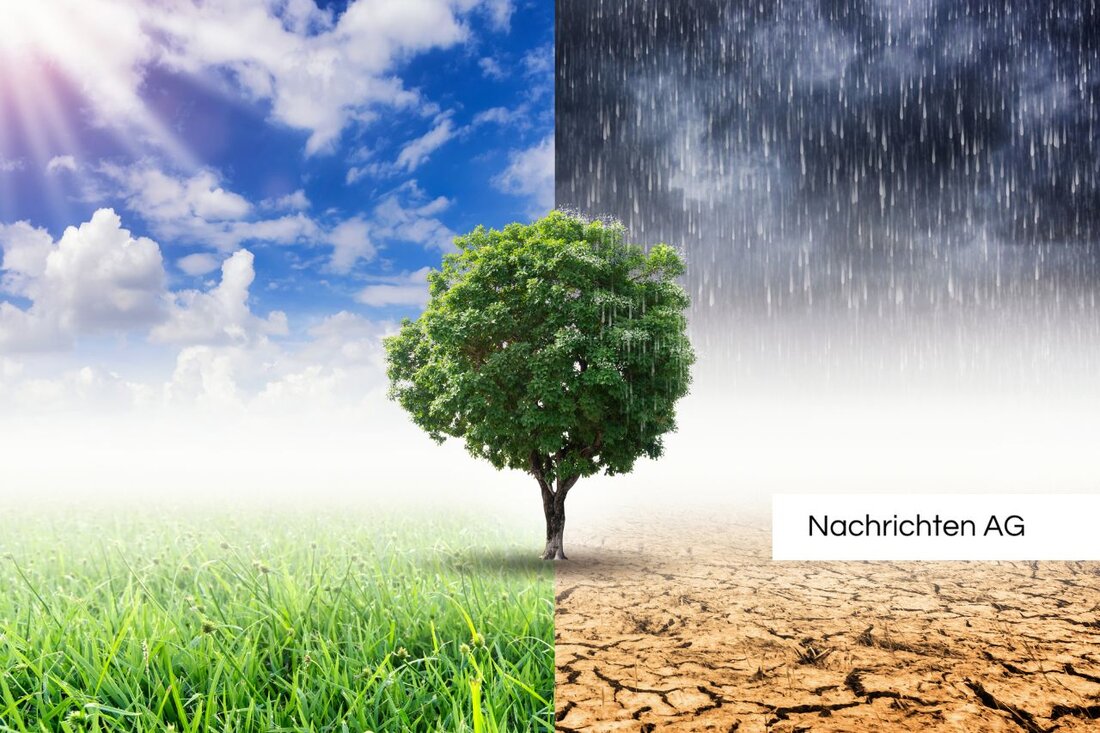1,000 Viennese: Exoten customer for the species-appropriate handling of wild animals!
Vienna has introduced certificate of expertise for exotic wild animals since 2023; 1,000 Viennese have already successfully participated.

1,000 Viennese: Exoten customer for the species-appropriate handling of wild animals!
Since January 1, 2023, the certificate of expertise for the private attitude of exotic wild animals has been mandatory in Vienna. This applies in particular to reptiles, amphibians and parrot birds. In just a few months, 1,000 people have successfully participated in the exclusive "exotic customer". Wien.gv.at emphasizes that this measure aims to avoid animal suffering from the outset and to promote the responsible attitude of such animals.
Animal protection city council Jürgen Czernohorszky emphasizes the outstanding importance of knowledge about the specific needs of exotic animals. Eva Persy, the head of the Vienna Animal Protection Mom buds, is impressed by the progress that was achieved by the introduction of the expertise. It also points out the often inadequate housing conditions for exotic wild animals that do not meet the species -appropriate requirements in many households.
Details on the exotic customer
The training of the "exotic customer" was developed in cooperation with experts. They offer two variants: one for reptiles and amphibians as well as a second for parrot birds. Each training includes at least four hours that deal with the topics of attitude, care, security and legal provisions. For participation, a course fee of 40 euros will be charged, which benefits the lecturer directly.
The courses have proven to be extremely effective in order to inform potential owners and thus create better awareness of the needs of exotic animals. The successes of the initiative are on the website exoten-kunde.at documented.
The legal framework in Austria
In Austria, a distinction is made between pets, pets and wild animals. Pets include cattle, pigs, sheep and dogs, while pets such as parrots and fish are kept for society. However, wild animals are animals that are not classified as pets or pets, such as reptiles and amphibians. Certain species are prohibited outside of zoos. If you compare this with the regulations in Germany, it becomes clear that there is a clearer legal basis in Austria, while in Germany some federal states have issued specific requirements for keeping exotic animals. The German animal protection association Also calls for a positive list for animal husbandry, which means that only certain animal species may be kept that are domesticated in a species -appropriate manner.
A central concern of animal rights activists is the species -appropriate attitude of exotic animals. This often has challenges, especially with regard to the climatic conditions, nutrition and social behavior of the animals. Appropriate attitude ensures that animals that live in groups are not kept in isolation. This not only promotes the well -being of the animals, but also minimizes health risks for humans and animals, for example by the transmission of diseases such as salmonella in reptiles.

 Suche
Suche
